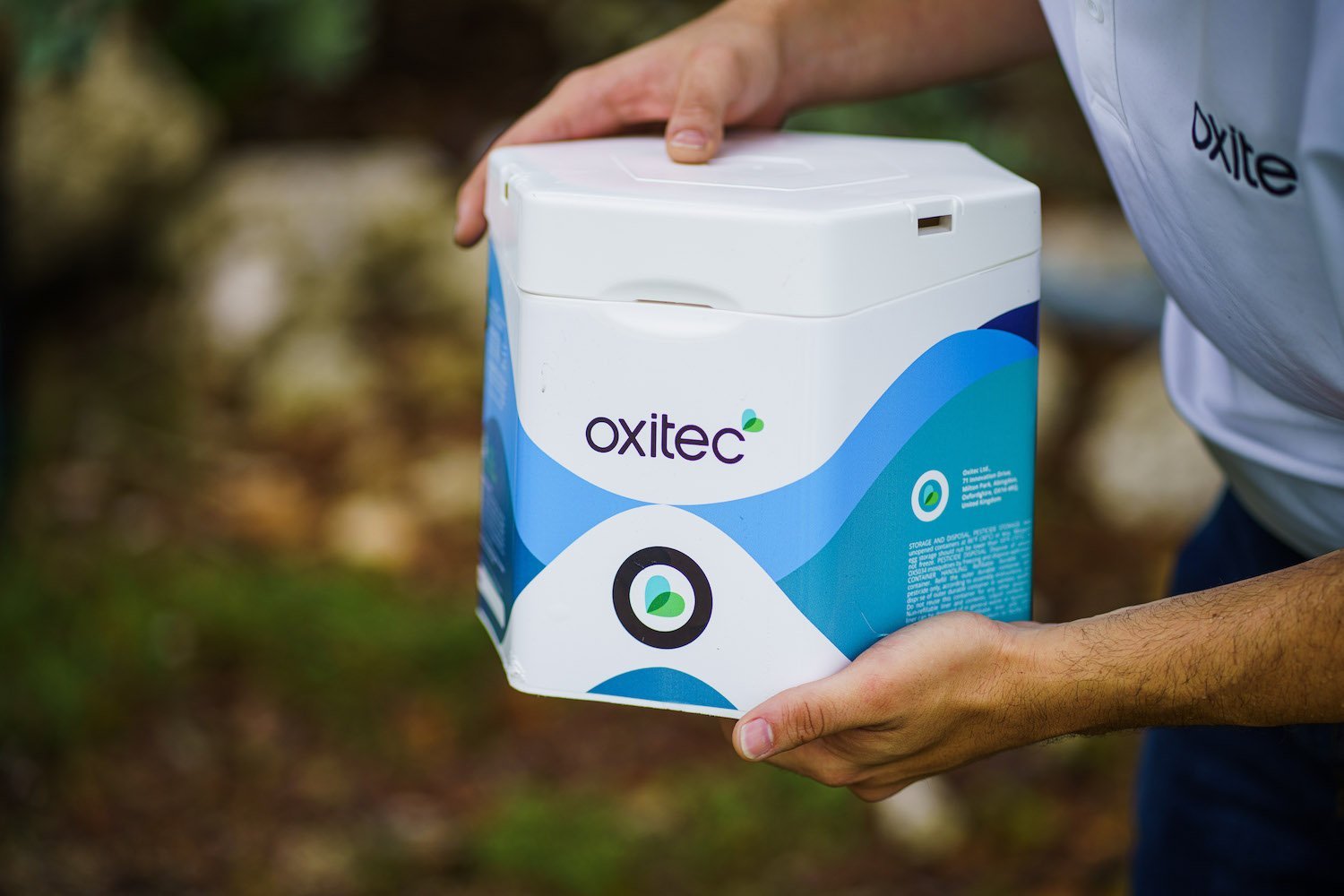
Our Solution
Malaria in Central America and the Carribean.
Malaria is an ongoing public health challenge in the region, with more than 50 million people at risk. While some countries have achieved malaria elimination – for example, El Salvador and Cuba, others continue to struggle with local transmission of malaria. Colombia, Haiti and Nicaragua are the worst affected, while Panama reported more than 2,000 cases in 2020, mostly in the eastern region of the country.
Anopheles albimanus
The Anopheles albimanus mosquito is one of the dominant vectors of malaria in the Central America and Carribean region . This species is widespread and occupies a wide range of habitats, with larvae found in diverse water conditions including flowing streams, rice fields, and even brackish water in mangrove swamps.
Female Anopheles albimanus mosquitoes blood-feed at dusk and at night, with most biting occurring outside, where people are unprotected by bed nets and other measures that can be effective inside their homes. Anopheles albimanus mosquitoes are also becoming increasingly resistant to insecticides.
Malaria threatens millions of people across the region, and innovative, effective vector control tools are sorely needed to support malaria prevention and eradication.
Oxitec’s Friendly™ Anopheles albimanus solution provides a safe, targeted, environmentally sustainable solution for controlling the population.
Oxitec’s Friendly™ Anopheles albimanus is powered by the same Friendly™ technology that has been proven to offer highly effective suppression of the dengue fever-spreading mosquito, Aedes aegypti.
Oxitec Friendly™ males carry a self-limiting gene that, when passed on, prevents their offspring from surviving to adulthood. With regular releases of Friendly™ males, the number of offspring, specifically dangerous female mosquitoes (male mosquitoes do not bite) – is reduced, resulting in a reduction in the pest insect population. Friendly™ males, and offspring carrying the self-limiting gene, can be tracked through the linked marker gene.
The Self-Limiting Gene
The Marker Gene
A Sustainable Solution
Friendly™ mosquito technology reduces reliance on traditional insecticides and pesticides and can slow development of pest resistance to insecticides.
Friendly™ mosquitoes are target-specific, non-biting, non-toxic, and self-limiting in the environment.
Oxitec Friendly™ technology has no harmful effects on the ecosystems in which it is applied.
+ Precise
Friendly™ male mosquitoes only target their own species. They will not harm other, beneficial insects – unlike some other methods of control.
+ Environmentally Sustainable
Deployment of Friendly™ male mosquitoes does not use any chemicals that are harmful to the environment, and it has no harmful effects on beneficial species.
+ Non-persistent
The self-limiting system means that the self-limiting gene carried by Friendly™ male mosquitoes cannot establish in the ecosystem.
+ Non-toxic
The proteins of the introduced genes carried by Friendly™ male mosquitoes do not produce any toxins or allergens, making them safe for use in any environment.
Oxitec’s Friendly™ Mosquitoes - Quick facts
Friendly™ mosquitoes (like all male mosquitoes) do not bite. They are safe, non-toxic and self-limiting.
The female offspring of released Friendly™ male mosquitoes cannot survive. With sustained deployments, as the number of biting females in the population declines, the population of the targeted mosquito declines.
Friendly™ mosquitoes do not pose a threat to humans or the environment, as confirmed by the U.S. Food and Drug Administration in 2016 and by the EPA in 2020 and 2022.
More than one billion Friendly™ mosquitoes have been produced for release worldwide, with no negative impacts.
More than 100 scientific studies and peer-reviewed papers have been published about Oxitec’s technology, a diverse cross-section of which can be found on Oxitec’s website.
Subject to regulatory approvals, Oxitec’s field pilot projects will be small, designed to assess the performance of the pest female (biting) Anopheles albimanus in Panama, how it will be applied in the future to protect communities, and develop methods that will enable deployment at scale.






